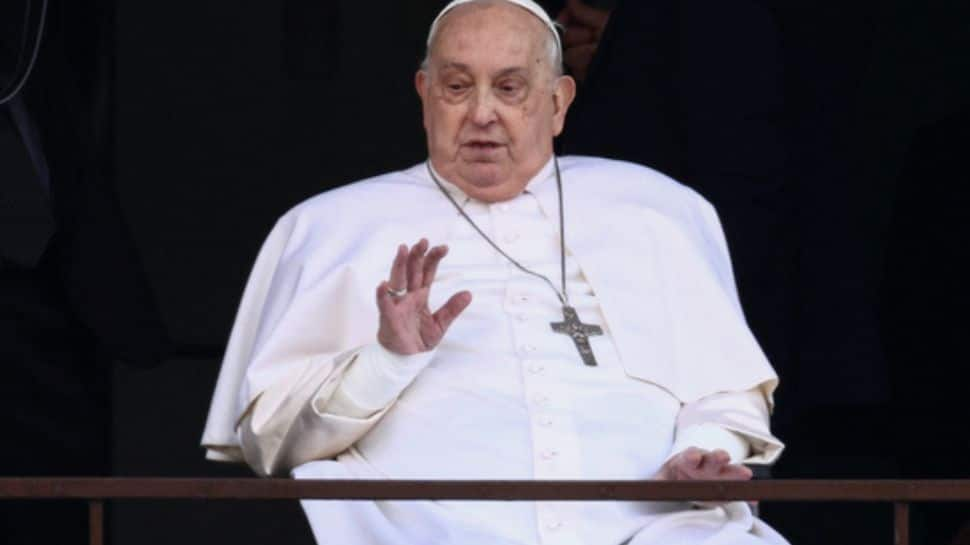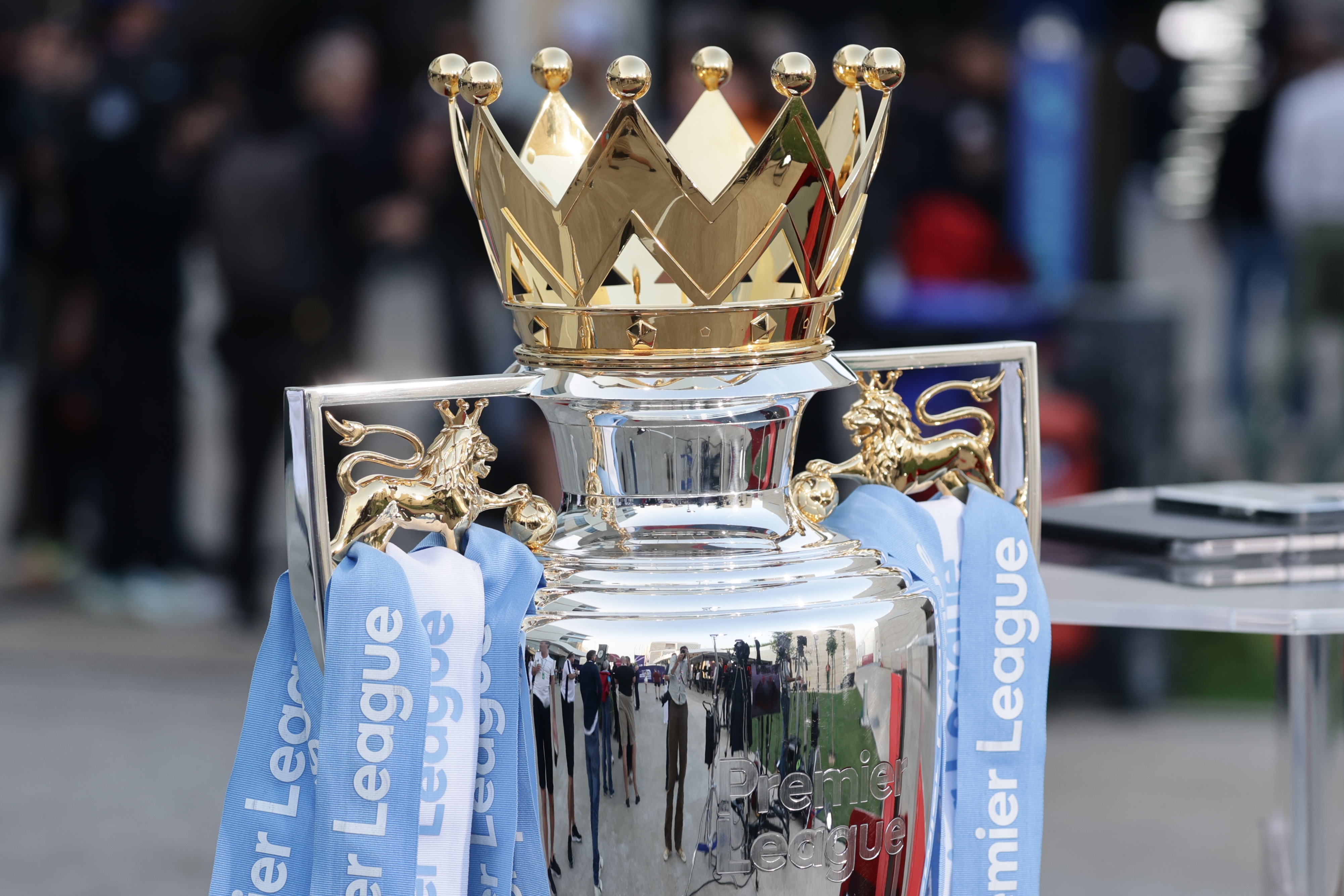Rare notebooks of Alan Turing’s unpublished code-breaking work during the Second World War have been saved for the nation thanks to a charity campaign. The British mathematician, credited with breaking the Enigma code , seldom preserved his own research notes, meaning evidence of his papers was often lost. But now a significant archive has been saved by a campaign spearheaded by the Friends of the Nations' Libraries, after the government stepped in to stop its sale for £400,000 unless private funds were raised.
The handwritten notes document Turing’s “Delilah project”, which involved building a portable voice encoder to be used in military operations. He turned to the project in 1943 after his groundbreaking work on the Enigma machines at Bletchley Park. With the help of the electrical engineer Donald Bayley he built a single prototype of the machine which could digitise and encipher speech for transmission across a telephone line.

The two men kept a logbook of the experiment’s results, alongside handwritten notes from lectures Turing gave to engineers at Hanslope Park, a secretive government communications centre near Milton Keynes. Despite Turing’s status as a national hero, the 40 pages of notes were at risk of leaving the UK – unless a British library or archive could raise the £397,680 needed to buy them at auction. In an attempt to halt the sale to an international bidder, the government followed advice to put a temporary export licence stop on the notebooks in August 2024, meaning they were banned from leaving the country.
The papers, described as a national treasure and the most important archive of Turing material yet to come to auction, have now been saved by a major private donation. The papers will now be kept at King’s College, Cambridge, thanks to a £250,000 donation from the algorithmic trading firm XTX Markets and a £20,000 grant from Friends of the Nations’ Libraries, which has helped to save the UK’s written and printed history since its foundation in 1931. Geordie Greig, chair of Friends of the Nations' Libraries and editor-in-chief of The Independent, said: “This extraordinary private donation means that crucial papers written by one of Britain’s geniuses have been saved and can be studied at Cambridge.
“It is a wonderful act of generosity by XTX Markets and its founder Alex Gerko, and we are delighted to have played a part in bringing together this brilliant collaboration between XTX Markets and King’s College, a centre of academic excellence, to save our heritage." Alex Gerko, co-CEO of XTX Markets said: “The 'Delilah’ papers are a unique collection of notes from one of the nation’s greatest mathematicians. It’s important that this archive remains in the UK and is made publicly accessible, so we are thrilled to be part of that effort.
” The balance of support has come from a £97,876 grant from the National Heritage Memorial Fund, private donations, and King’s College. Lisa Nandy, the culture secretary, said: "It’s brilliant news that the Friends of the Nation’s Libraries charity has successfully campaigned to save Alan Turing’s vital notebooks. Turing was not only a pioneering figure in science and mathematics, but also a national hero.
“This is a powerful example of what can be achieved when private and charitable sectors come together. After a government export ban was placed on the notebooks, this collaboration has ensured that these treasures will be preserved for years to come.” The notebooks will now join the largest collection of Turing-related documents at King’s College, where Turing studied as an undergraduate from 1931 to 1934.
Once digitised they will become part of the Turing Papers online archive, freely available to scholars and students around the world. The original archive was founded after his mother, Sarah, donated his papers in 1960. King’s College Provost Gillian Tett said: “Alan Turing’s work laid the foundations of computer science, artificial intelligence and much of our modern world.
We are honoured to house the ‘Delilah’ papers at King’s and are deeply grateful to our partners in this endeavour, particularly XTX Markets, Alex Gerko and the Friends of the Nations’ Libraries.”.
Sports

Secret notebooks written by Alan Turing during WWII saved for the nation

The British mathematician is credited with breaking the Nazis’ Enigma code















